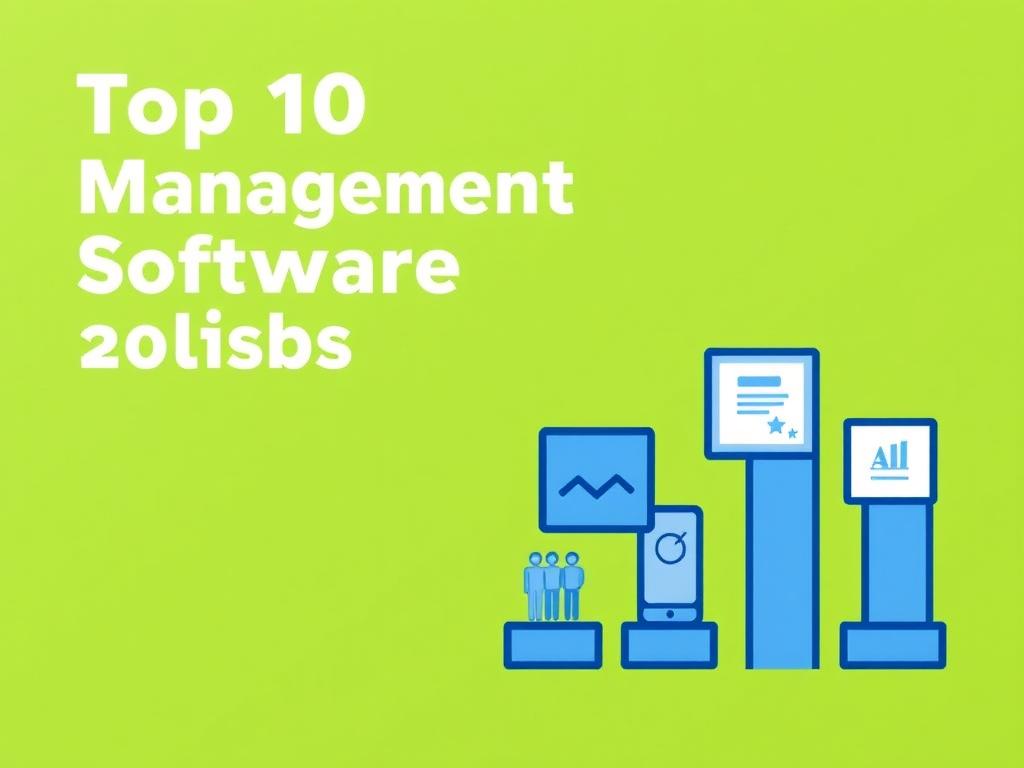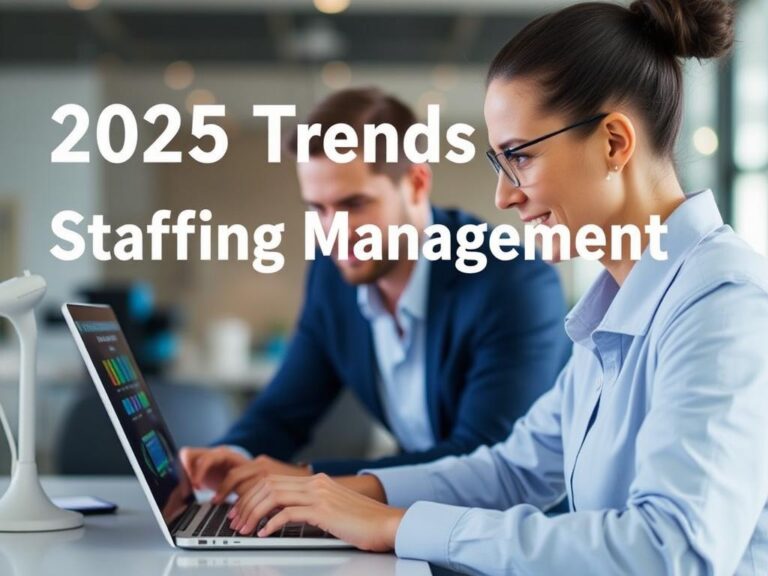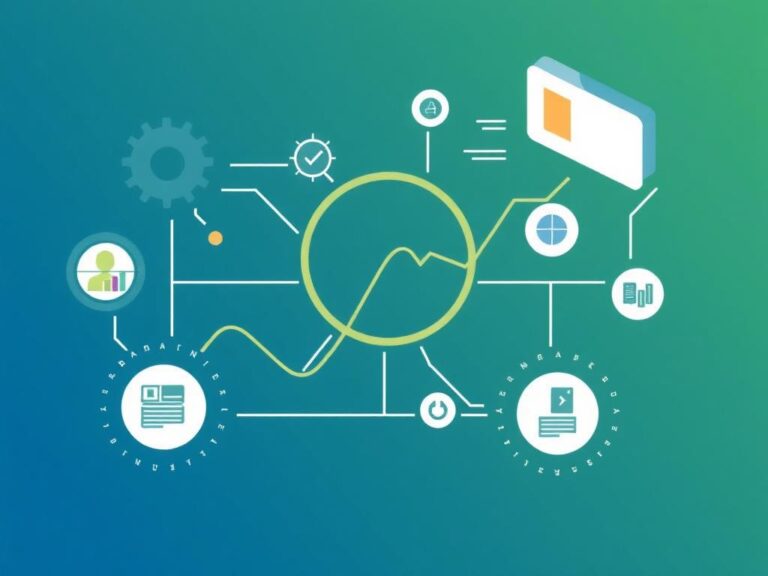Top 10 Staffing Management Software Solutions in 2025: Revolutionizing Workforce Efficiency
Introduction to Staffing Management Software
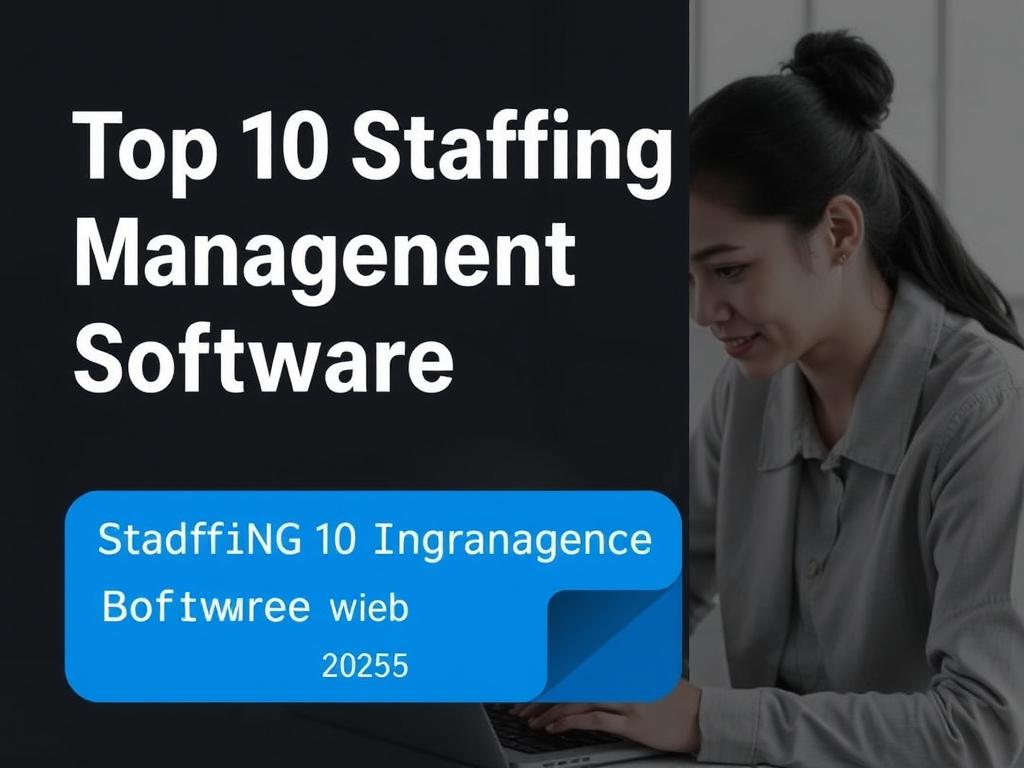
In the fast-evolving world of human resources, staffing management software has become indispensable for businesses looking to streamline recruitment, scheduling, and employee management. As companies strive to stay competitive in 2025, leveraging the best staffing management software solutions can make all the difference. These platforms not only optimize workflow but also enhance communication between employers and staff, reduce administrative burden, and improve overall operational efficiency. Whether you’re managing a small team or an extensive workforce, the right software can transform the way you handle staffing needs.
Why Staffing Management Software is Essential in 2025
The modern workplace is complex. Hybrid work models, fluctuating labor demands, and diverse employee needs require tools that can keep pace with change. Staffing management software plays a crucial role by automating processes like time tracking, attendance, payroll integration, and shift planning. It ensures accurate scheduling, prevents conflicts, and enables managers to allocate resources intelligently. For industries such as healthcare, retail, and hospitality, where employee availability and compliance matter significantly, the latest software solutions offer tailored features to meet these specific demands.
Key Features to Look For
Before diving into the top 10 staffing management software solutions, it’s important to understand the must-have features that can empower your HR team and workforce alike:
- Automated Scheduling and Shift Management
- Time and Attendance Tracking
- Mobile Accessibility for On-the-Go Updates
- Compliance and Labor Law Integration
- Payroll Integration and Expense Tracking
- Employee Communication Tools
- Customizable Dashboards and Reporting
- Integration with Other HR Systems
By prioritizing these functionalities, businesses gain increased transparency, reduce errors, and foster employee engagement.
Top 10 Staffing Management Software Solutions in 2025
Below is a carefully curated list of the top 10 staffing management software solutions that have emerged as leaders going into 2025. Each has been selected based on user satisfaction, innovative features, and scalability.
| Rank | Software | Key Features | Ideal For | Price Range |
|---|---|---|---|---|
| 1 | Workforce Pro | AI-driven scheduling, real-time communication | Medium to Large Enterprises | Custom pricing |
| 2 | ShiftMaster 2025 | Automated shift swapping, compliance alerts | Healthcare & Retail | Subscription: $20-$50/user/month |
| 3 | StaffLink | Mobile time tracking, payroll integration | Small to Medium Businesses | Starts at $15/user/month |
| 4 | RosterEase | Customizable dashboards, labor cost forecasting | Hospitality & Service Industry | Contact for pricing |
| 5 | TimeTrack Plus | Biometric authentication, multi-location support | Manufacturing & Logistics | $30-$60/user/month |
| 6 | EmploySync | Payroll sync, employee engagement tools | Corporate Sector | Custom quotes available |
| 7 | SmartShift | AI predictions, automated notifications | Flexible Workforce Management | Starts at $25/user/month |
| 8 | JobWorks | Applicant tracking, onboarding features | Staffing Agencies | Contact for quote |
| 9 | FlexiStaff | Shift flexibility, employee self-service portal | Retail and Hospitality | Subscription: $18-$40/user/month |
| 10 | Schedulify | Cloud-based scheduling, integration with calendars | Small Enterprises | Free trial available; $10/user/month |
Exploring Software Categories
It’s helpful to understand how these platforms vary in focus and capabilities. Some, like Workforce Pro, embrace AI technology for smarter scheduling and improved communication, making them a natural choice for larger firms with more complex needs. Others, like StaffLink and Schedulify, provide affordable and user-friendly options for small to medium businesses eager to digitize time and attendance tracking.
Benefits of Using Staffing Management Software
Investing in quality staffing management software in 2025 comes with multiple advantages that businesses of all sizes can appreciate. Let’s break down some of the key benefits with a quick list:
- Reduced Scheduling Conflicts: Automated systems ensure fair shift allocation and prevent overlaps.
- Time Savings: Eliminates the need for manual scheduling and paperwork.
- Compliance Management: Alerts for overtime, break times, and legal labor standards.
- Improved Employee Satisfaction: Enables self-service for shift swapping and leave requests.
- Data-Driven Decisions: Reports and analytics empower managers to optimize staffing levels.
- Cost Control: Forecast labor costs accurately and reduce overtime expenses.
These benefits translate into smoother operations, happier employees, and a stronger bottom line.
How to Choose the Right Staffing Management Software
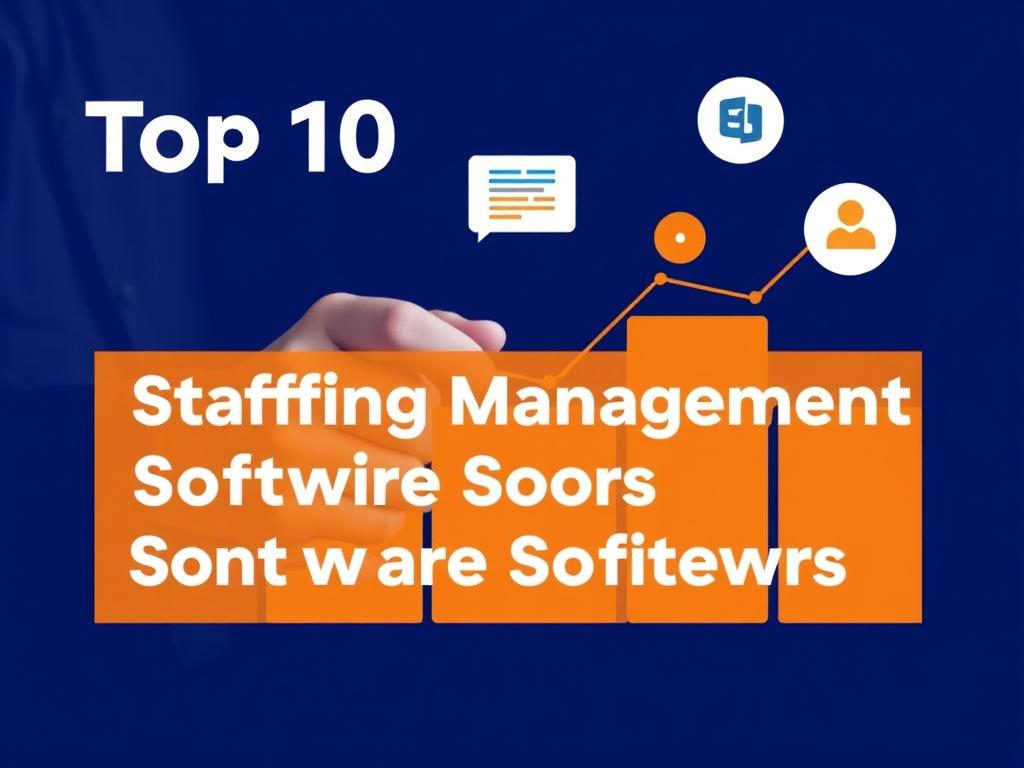
Choosing from the top 10 staffing management software solutions involves considering your organization’s unique needs. Here are some practical steps to guide your decision:
- Assess Your Current Challenges: Identify pain points in scheduling, communication, or compliance.
- Determine Required Features: Do you need mobile capabilities? Payroll integration? AI scheduling?
- Evaluate Scalability: Can the software grow with your company and adapt to changes?
- Consider User Experience: Is the interface intuitive for managers and employees?
- Check Integration Options: Will it work seamlessly with your existing HR and payroll systems?
- Review Cost and ROI: Balance budget constraints against expected efficiency gains.
Once these factors are clear, request demos or trials to experience firsthand how different systems align with your workflows.
Trends Shaping Staffing Management Software in 2025
The landscape of staffing technology is moving quickly, driven by innovations that enhance functionality and user experience. Key trends include:
- AI and Machine Learning: Predictive analytics to forecast staffing needs and optimize schedules.
- Mobile-First Platforms: Empowering employees to access schedules, request changes, and communicate remotely.
- Integration with Gig Economy Tools: Reflecting the rise of freelance and part-time workforces.
- Cloud-Based Solutions: Allowing for real-time data access and greater collaboration across locations.
- Enhanced Security Measures: Protecting sensitive employee data amid increasing cyber threats.
Staying informed about these trends will help businesses select solutions that remain relevant and valuable in the years ahead.
Case Study: How Workforce Pro Transformed Staffing at a Large Retail Chain
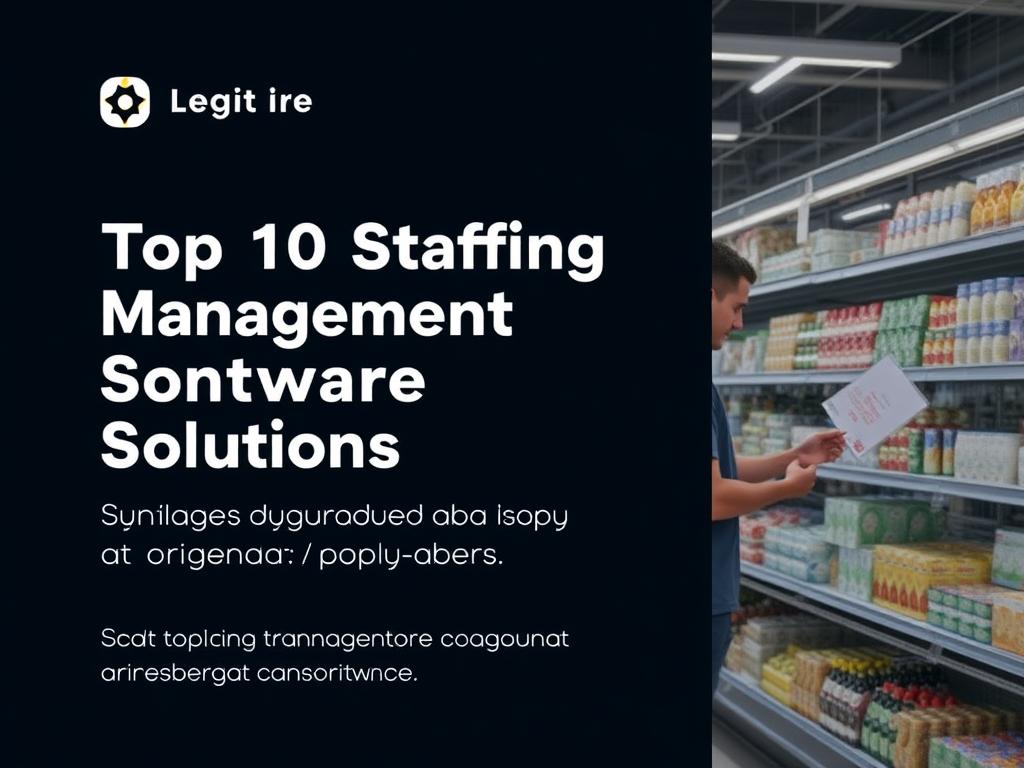
To illustrate the impact of modern staffing management software, consider a large retail chain that faced chronic scheduling conflicts and high overtime costs. After adopting Workforce Pro, the company saw immediate improvements: AI-driven schedules minimized gaps and overlaps, employee communication tools boosted engagement, and compliance alerts reduced legal risks. Within six months, labor costs dropped by 15%, and employee satisfaction scores increased significantly. This case demonstrates how the right software can revolutionize not just staffing, but the entire operational strategy.
Conclusion
Choosing the right staffing management software in 2025 is more than just adopting new technology—it’s about embracing a smarter, more efficient way to manage the workforce in an increasingly complex environment. The top 10 solutions outlined here offer a variety of features tailored to different industries, sizes, and business models. From AI-powered scheduling to mobile-first platforms, these tools are designed to reduce administrative burdens, improve compliance, and enhance employee engagement. By carefully assessing your organization’s unique needs and staying attuned to emerging trends, you can select a staffing management software solution that not only meets today’s challenges but sets you up for future success.
